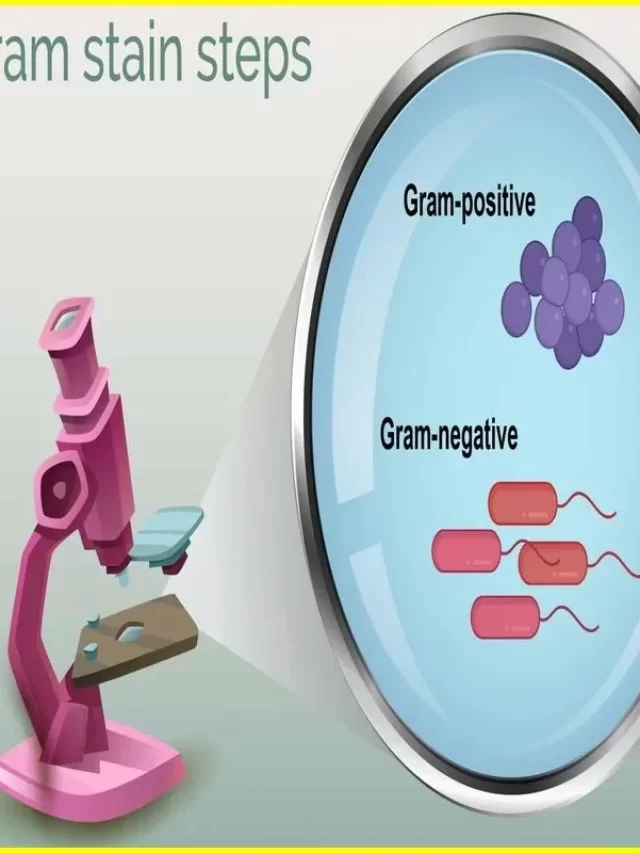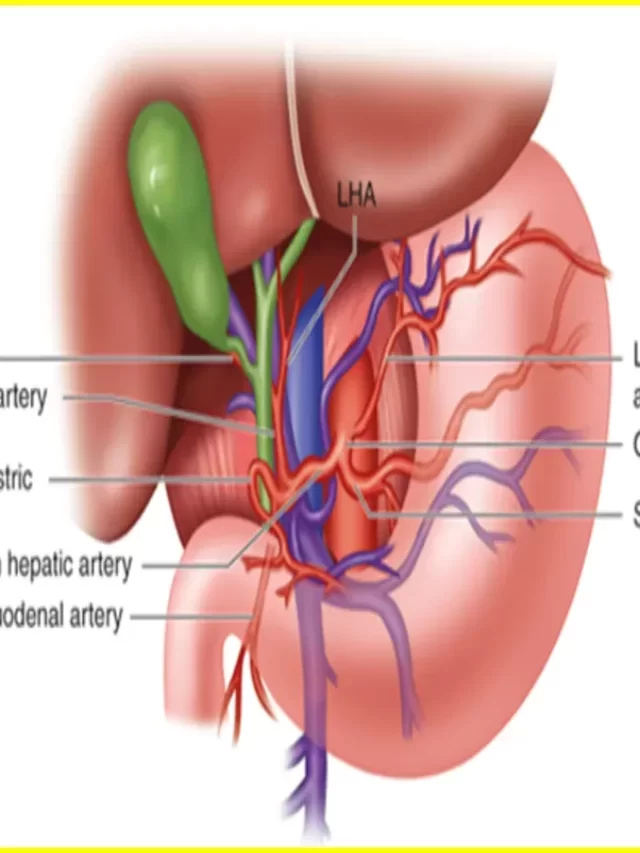
MRI Vs CT Scan for Cancer, MRI Vs CT Scan for Cancer
MRI Vs CT Scan for Cancer
“Is receiving an imaging test to identify cancer a frightening possibility for you or a loved one? It might be confusing to decide between an MRI and a CT scan because there are so many alternatives. These two diagnostic instruments assist you in reaching a well-informed conclusion. Let’s get started by discussing the advantages and disadvantages of MRI versus CT scan for cancer diagnosis in this post.
Can an MRI detect cancer anywhere in the body
Indeed, an MRI may detect cancer in any part of the body. However, when it comes to identifying tiny lesions in the body, MRI is less useful than CT. Breast, prostate, and brain cancers are among the soft tissues of the body where MRI is utilized to identify and track their progression. Additionally, it may be useful in the detection of metastatic (spread) cancer.
Article About:- Health & fitness
Article About:- Medical Technology
Article About:- Sports

Can you have an MRI and CT scan on the same day
You can get a CT scan and an MRI on the same day, yes. Actually, the diagnosis may be made more easily if the two scans are performed on the same day. Having both an MRI and a CT scan can help your doctor get a more comprehensive image of your body since they offer various kinds of information.
Why do I need a CT scan after an MRI
There are a few reasons why your doctor may order a CT scan after you have had an MRI. One reason is that a CT scan can provide more detailed information about bones than an MRI. A CT scan can also help determine if there are any soft tissue abnormalities, such as tumors or inflammation. Finally, CT scans may be used to guide biopsies or other procedures.
What is the best scan to detect cancer?
There is no one definitive answer to this question as the best scan to detect cancer will vary from case to case. However, in general, MRI scans are considered more effective than CT scans for detecting cancerous tumors. This is because MRI scans provide more detailed images of the body’s inner workings, including soft tissue, which can be more difficult to see with a CT scan. Additionally, MRI scans do not use ionizing radiation, which means they are generally safer than CT scans.
Can cancer be detected in MRI?
Although both MRI and CT scan are used to diagnose cancer, MRI is better at detecting cancer in the brain and spinal cord. CT scans are better for detecting cancer in the lungs, liver, and pancreas.
It is important to note that MRI and CT scans can detect changes in the body that may be cancer, but they cannot definitively diagnose cancer. A biopsy is usually required to make the diagnosis.
Does all cancer show up on CT scan?
While CT scanning is a valuable tool for diagnosing cancer, it is not perfect. There are several types of tumors that are difficult to detect on a CT scan, including small tumors, tumors in the lower abdomen or pelvis, and tumors near the bowel. In addition, some cancers do not show up on a CT scan at all.
It is important to remember that a CT scan is only one tool for diagnosing cancer and should be used in conjunction with other tests, such as a biopsy or blood tests.

FAQ
What is better to detect cancer CT or MRI?

Prostate, uterine, and certain liver cancers are among the tumors that an MRI scan is better at detecting than a CT scan. On a CT scan, it is exceedingly difficult to identify any of them. However, MRIs are unable to produce finely detailed pictures of the intestines or lungs.
What is the best scan for cancer?

A CT scan provides fine-grained images of your body’s internal organs and tissues. Compared to other imaging procedures, a PET scan has the potential to be more sensitive and detect aberrant activity. Additionally, it could reveal physical changes sooner. PET-CT scans are used by doctors to offer further cancer information.
What can a CT scan show that an MRI Cannot?

Since MRI scans are thought to provide more precise images, they are frequently utilized to diagnose disorders involving the joints, organs, or bones. To find any internal bleeding, tumors, or fractures in the bones, CT scans are frequently utilized.
Why do doctors prefer CT over MRI?

For emergencies, problems involving the bones, and some organ traumas, CT scans are more efficient and quicker. A thorough view of soft tissues, inflammation, torn ligaments, and some neurological problems can be obtained with an MRI scan.
Is a CT scan accurate for cancer?

A CT scan has several limitations even though it’s a useful imaging tool for checking for cancer. Screening for all forms of cancer in all body parts is not the ideal test. The high rate of nodule discovery associated with CT scanning is another drawback.
Which is safest for detection of cancer?

In conclusion, magnetic resonance imaging is the safest method of cancer detection (MRI).
Is there a full cancer scan?

Some imaging and medical institutes provide full-body scans as an early diagnostic for cancer diagnosis. No significant medical association recommends this surgery. There is no proof that full-body scans are a useful tool for early cancer screening. Both false positives and false negatives can result with full-body scans.
Can you get a full cancer scan?

The entire body is covered by the Diffusion Whole Body (DWB) MRI scan (from the head down to just the upper thigh). Every essential organ, including the brain, pancreas, kidney, bladder, and spine, is examined for malignancy.
Is MRI safer than CT scan?

According to estimates from the U.S. Food and Drug Administration, there is an approximately 1 in 2,000 chance that a standard CT treatment may increase a person’s risk of dying from cancer. Since ionizing radiation is not used in MRIs, there is no chance of cancer being increased. However, they take a lot longer to finish than CTs.









